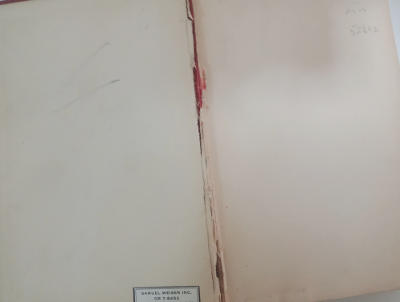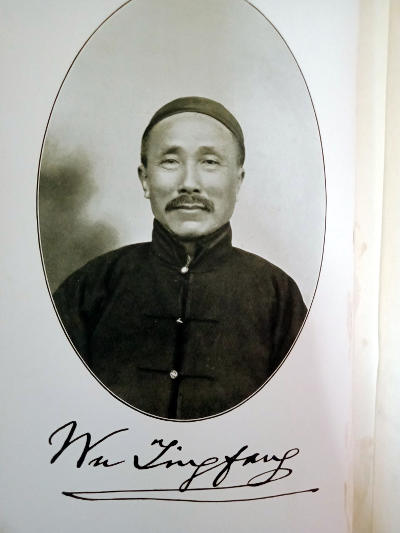In this book, Wu Tingfang, a Malaccan-born Chinese who worked as a diplomat for the Qing Dynasty and later as Minister of Foreign Affairs for the Republic of China, records his observations of America and analyses the cultural differences between the Americans and the Chinese. These observations were made during his time as Minister to the United States, Spain, and Peru from 1896 to 1902 and from 1907 to 1909.
Wu’s observations are very fair and balanced, and he detachedly comments on the good and bad of both the US and China. Subjects include immigration, co-ed schools, superstitions, democracy, business methods, and numerous other topics.
Contents:
Preface
The Importance of Names
American Prosperity
American Government
America and China
American Education
American Business Methods
American Freedom and Equality
American Manners
American Women
American Costumes
American vs Chinese Civilization
Dinners, Banquets, etc
Theaters
Opera and Musical Entertainments
Conjuring and Circuses
Sports
About the author (from Wikipedia):
Wu Tingfang (30 July 1842 – 23 June 1922) was a Chinese diplomat and politician who served as Minister of Foreign Affairs and briefly as Acting Premier during the early years of the Republic of China.
Wu was born in the Straits Settlement, now modern-day Malacca in 1842 and was sent to China in 1846 to be schooled. He studied at the Anglican St. Paul’s College, in Hong Kong where he learned to read and write in English. After serving as an interpreter in the Magistrate’s Court from 1861 to 1874, he married Ho Miu-ling (sister of Sir Kai Ho) in 1864.
He studied law in the United Kingdom at University College London and was called to the bar at Lincoln’s Inn (1876). Wu became the first ethnic Chinese barrister in history. He returned to Hong Kong in 1877 to practise law.
He served under the Qing dynasty as Minister to the United States, Spain, and Peru from 1896 to 1902 and from 1907 to 1909, having started out as legal adviser and interpreter to powerful diplomat and viceroy Li Hongzhang. As the minister, he lectured widely about Chinese culture and history, in part working to counter discrimination against Chinese emigrants by increasing foreign appreciation of their background. To further this end, he wrote America, Through the Spectacles of an Oriental Diplomat in English in 1914.
He supported the Xinhai Revolution of 1911 and negotiated on the revolutionaries’ behalf in Shanghai. He served briefly in early 1912 as Minister of Justice for the Nanjing Provisional Government, where he argued strongly for an independent judiciary, based on his experience studying law and travelling overseas. After this brief posting, Wu became Minister of Foreign Affairs for the ROC. He served briefly in 1917 as Acting Premier of the Republic of China.
He joined Sun Yat-sen’s Constitutional Protection Movement and became a member of its governing committee. He advised Sun against becoming the “extraordinary president” but stuck with Sun after the election. He then served as Sun’s foreign minister and as acting president when Sun was absent. He died shortly after Chen Jiongming rebelled against Sun in 1922.





